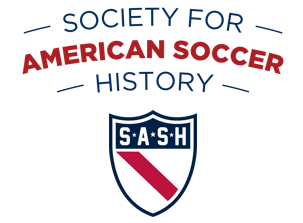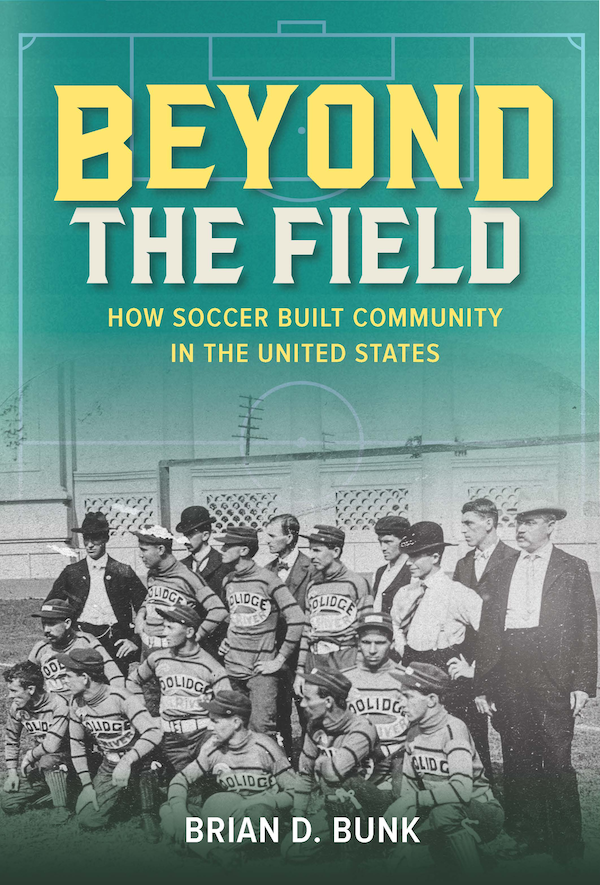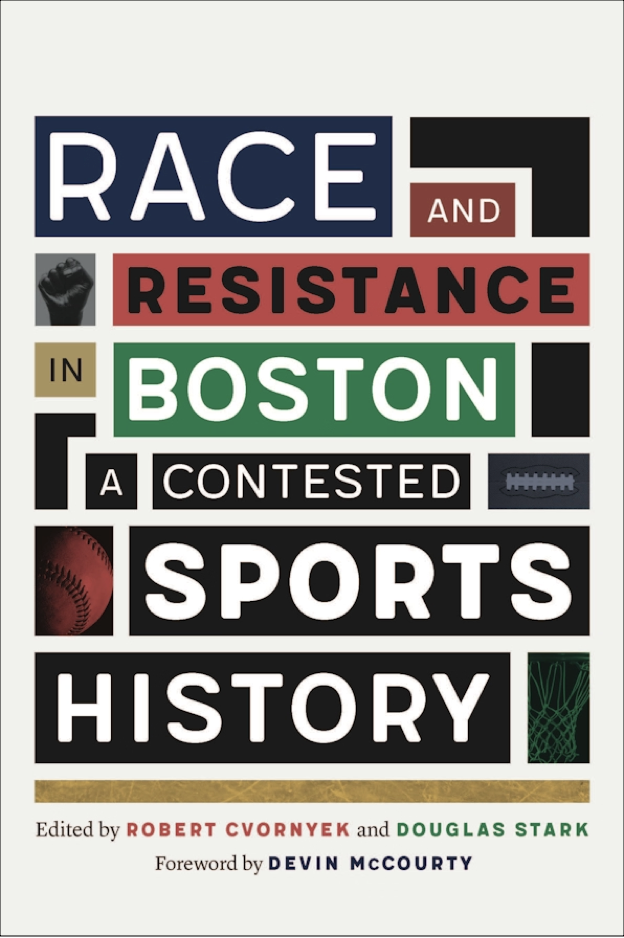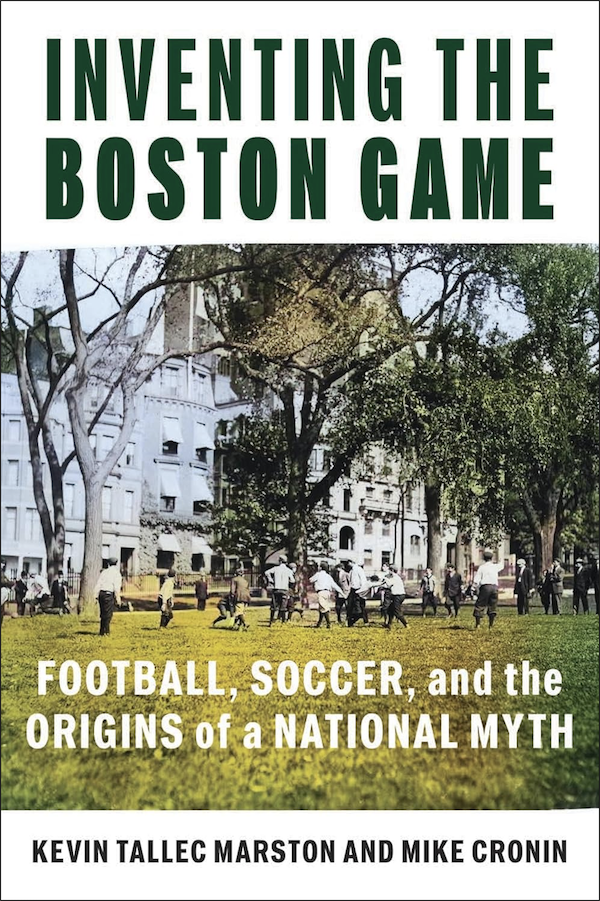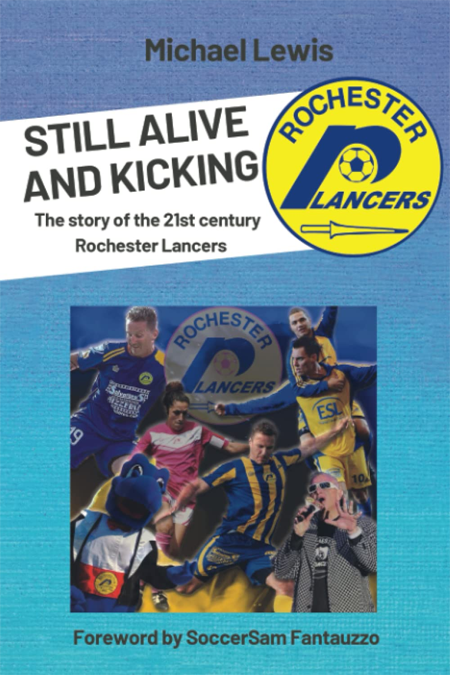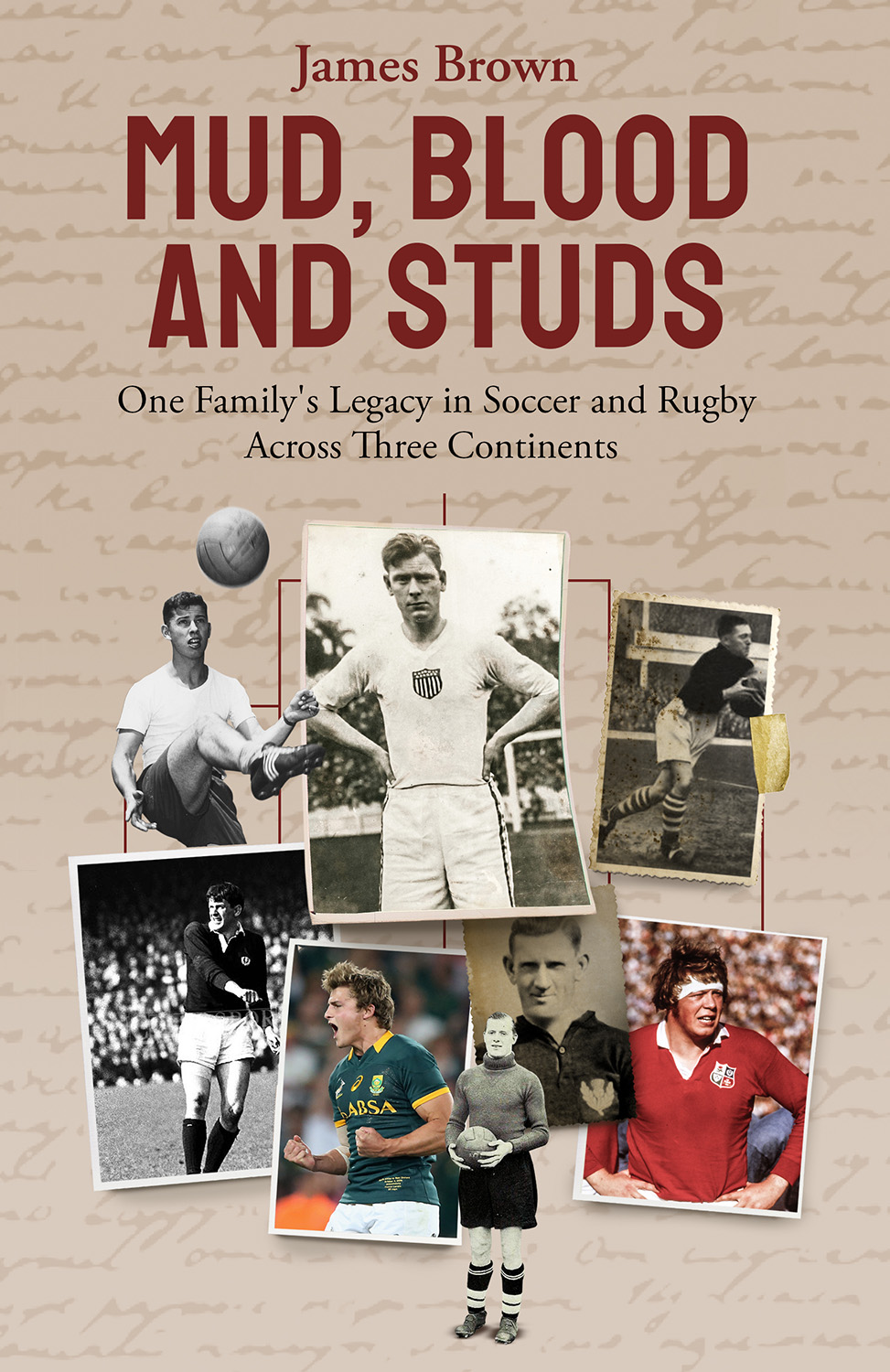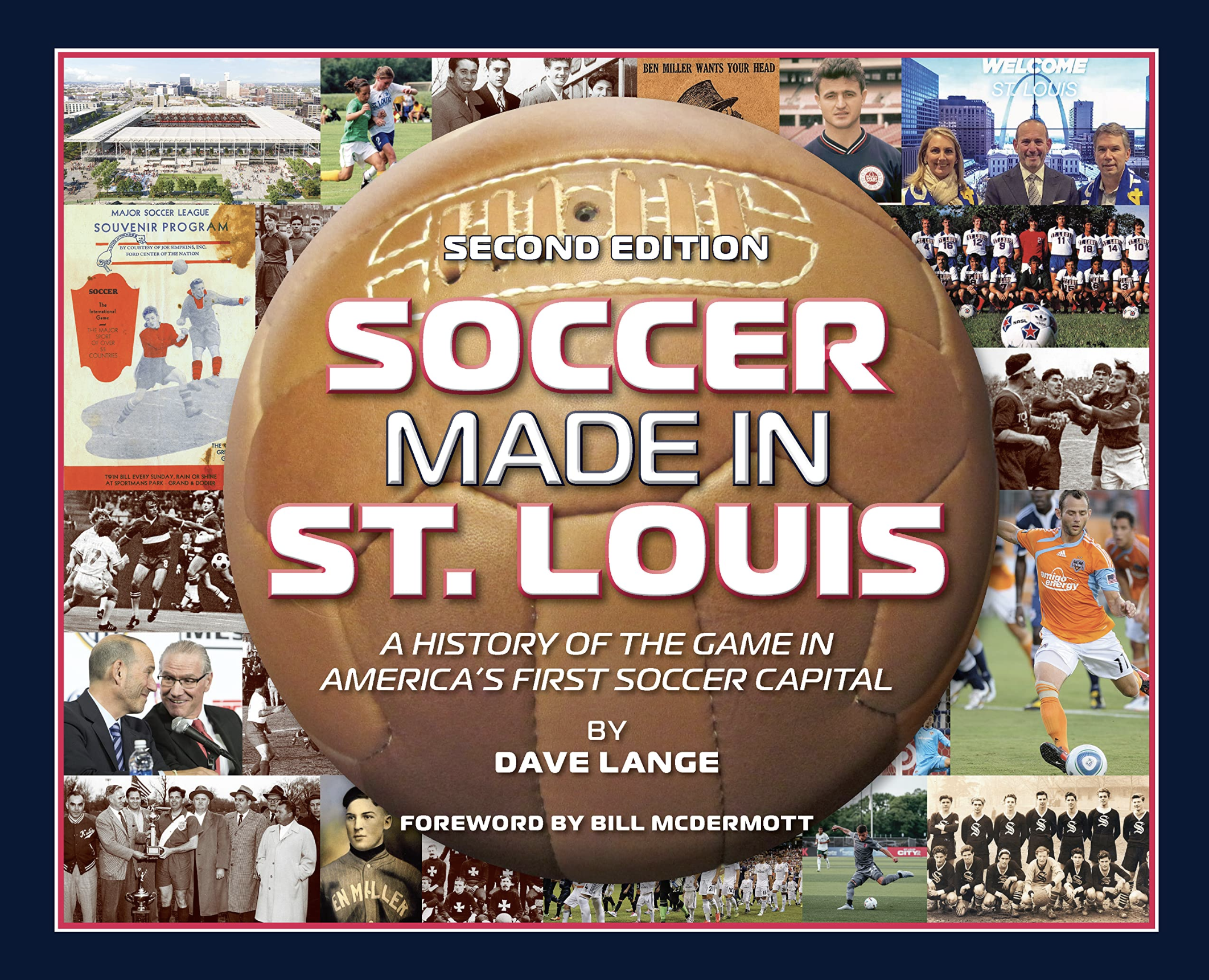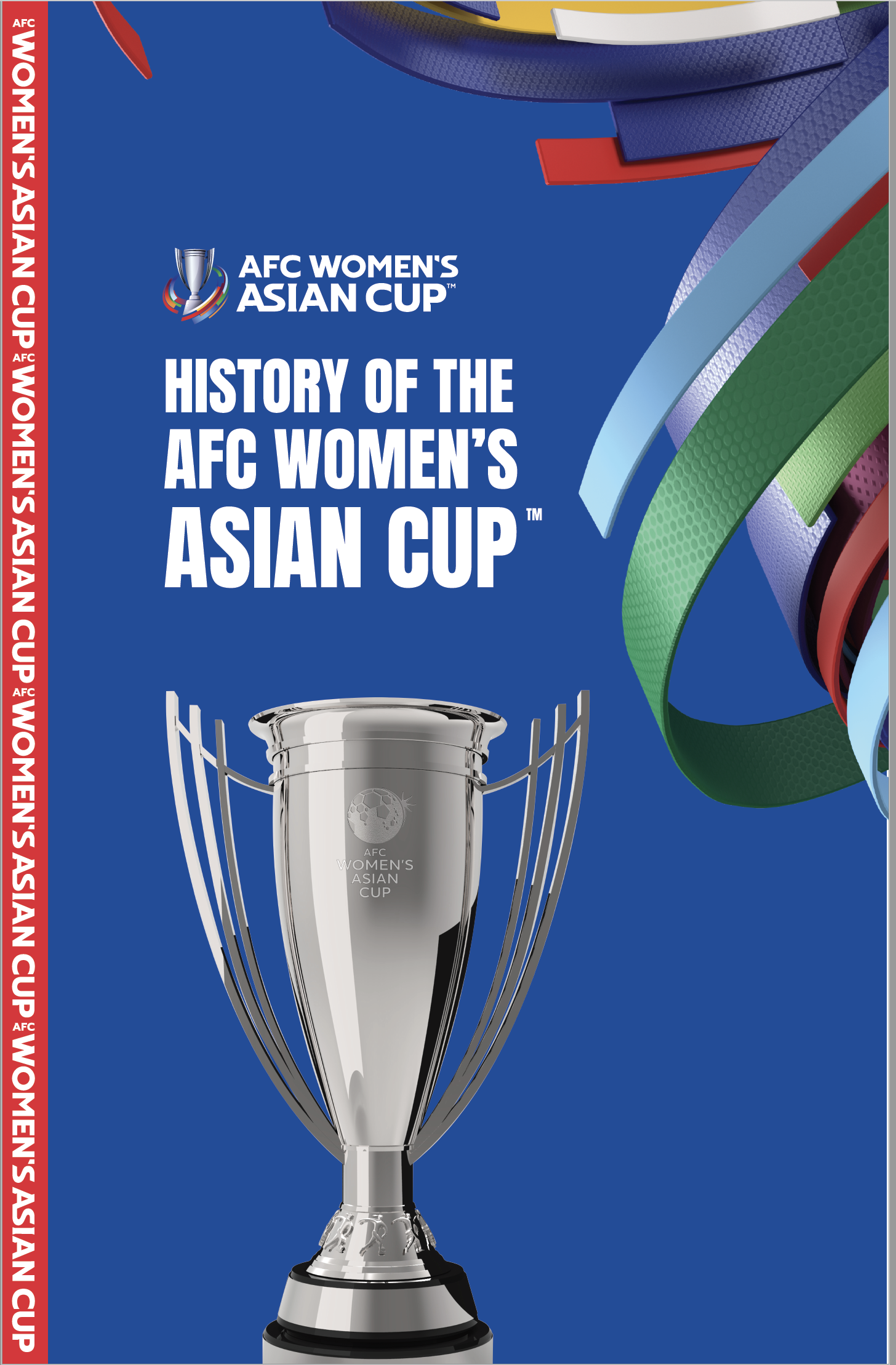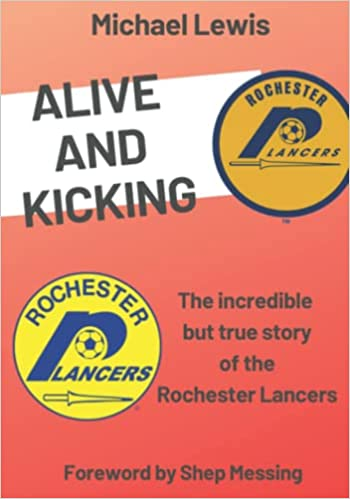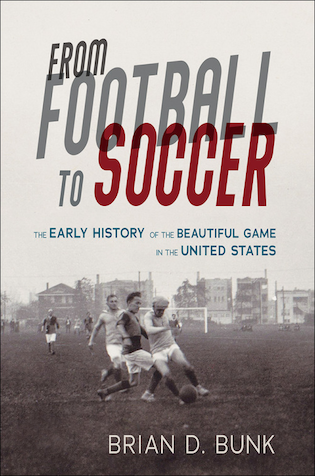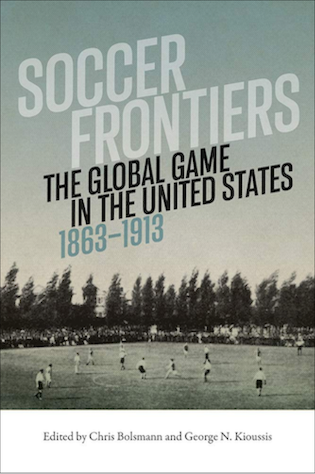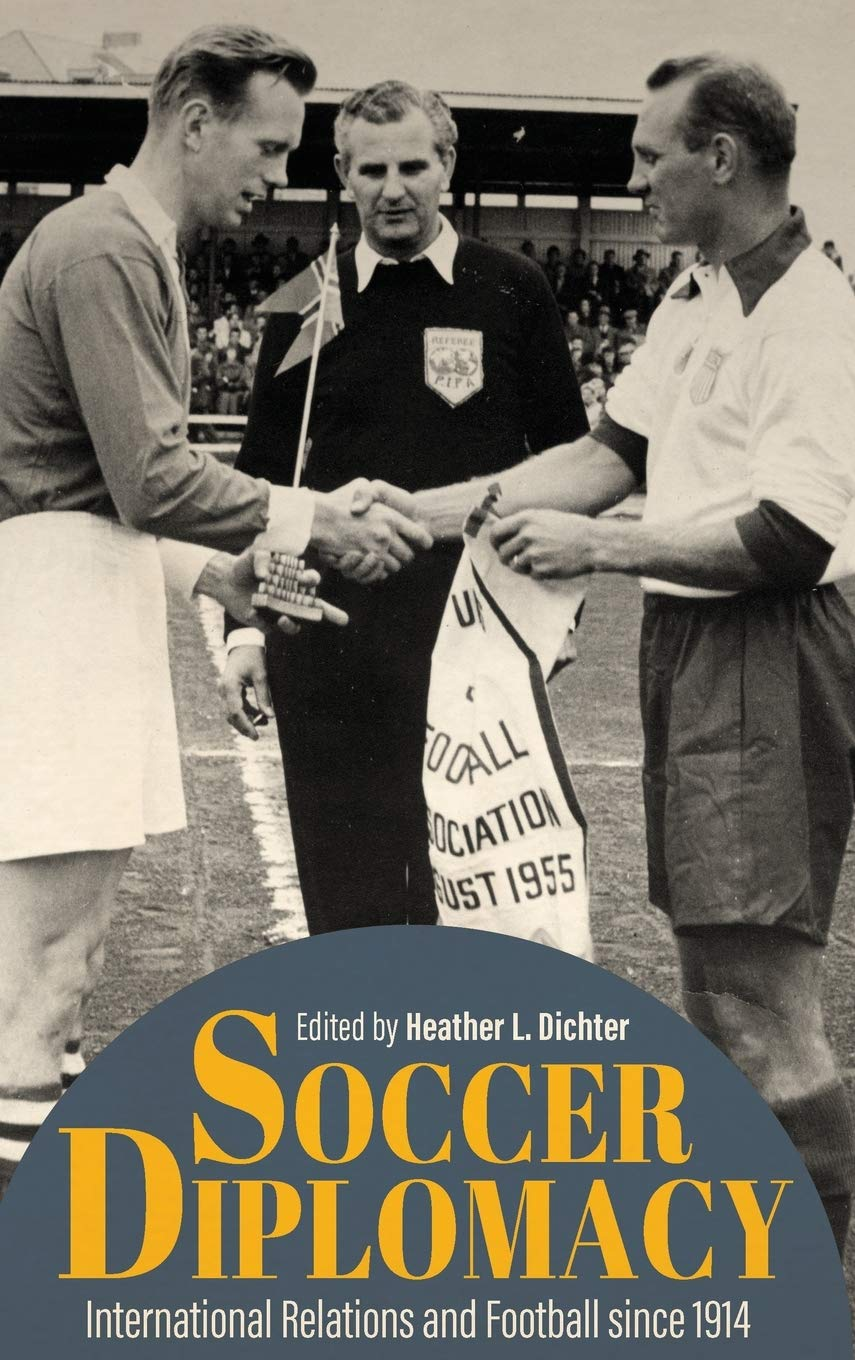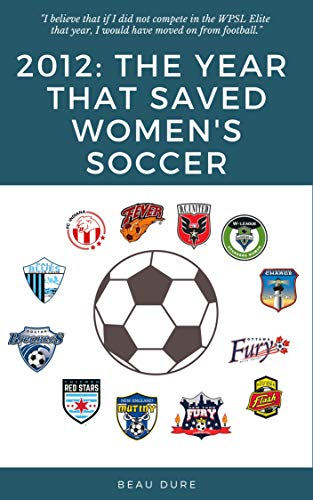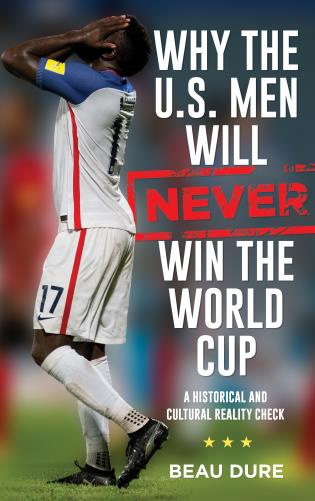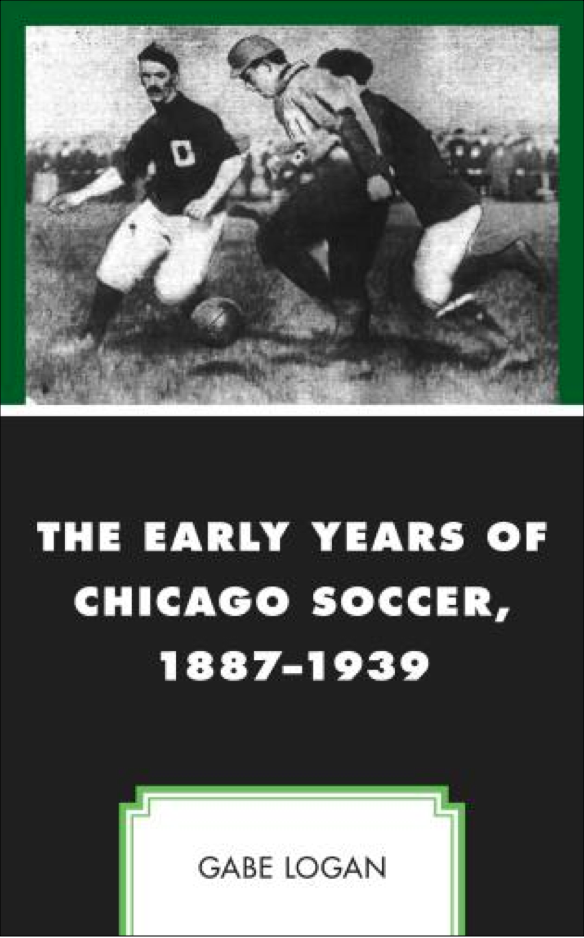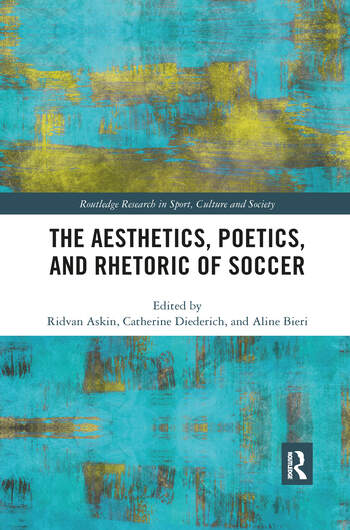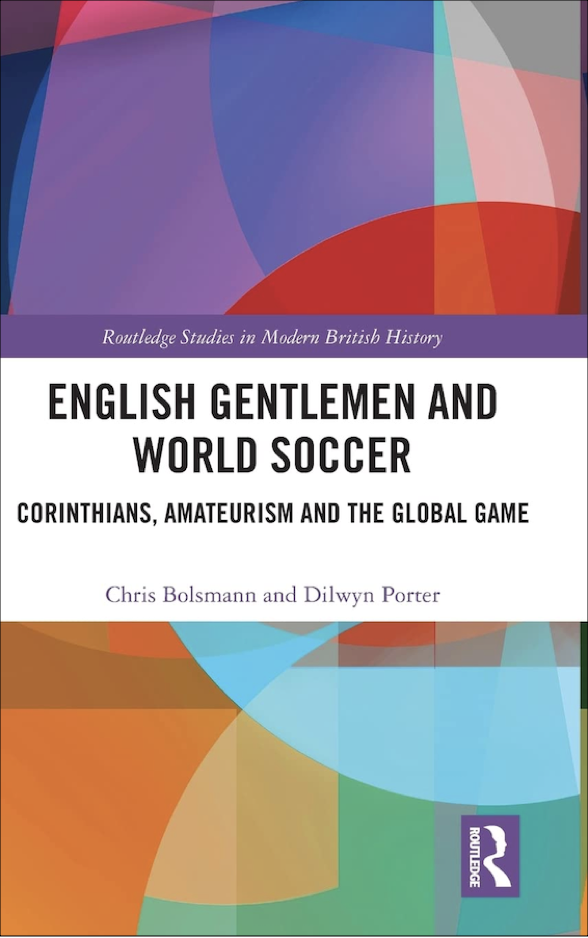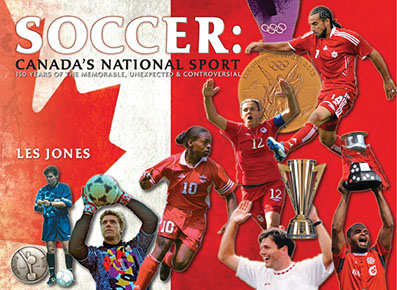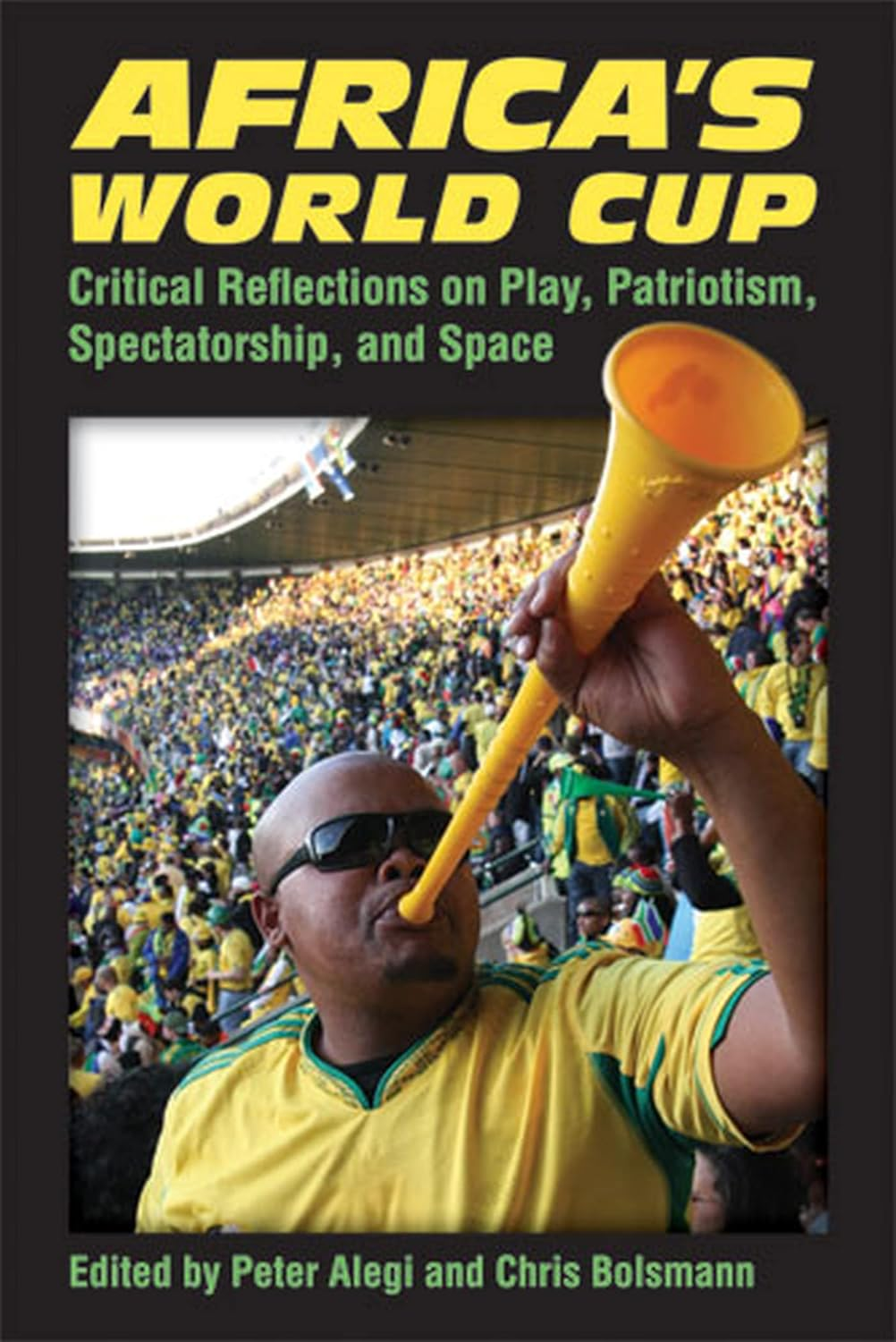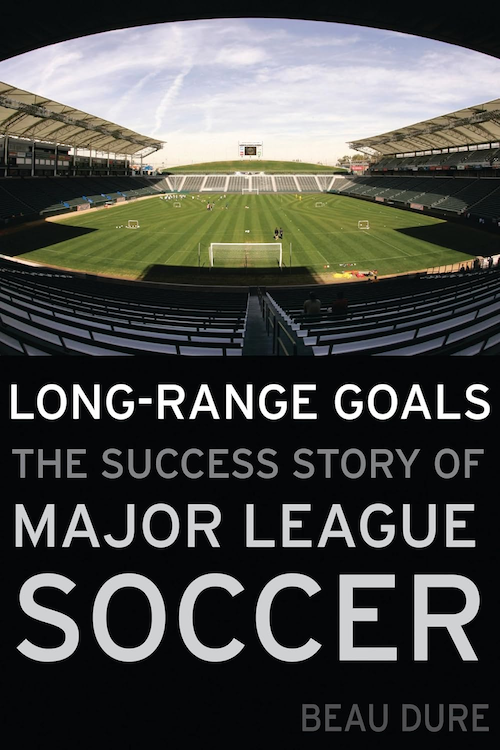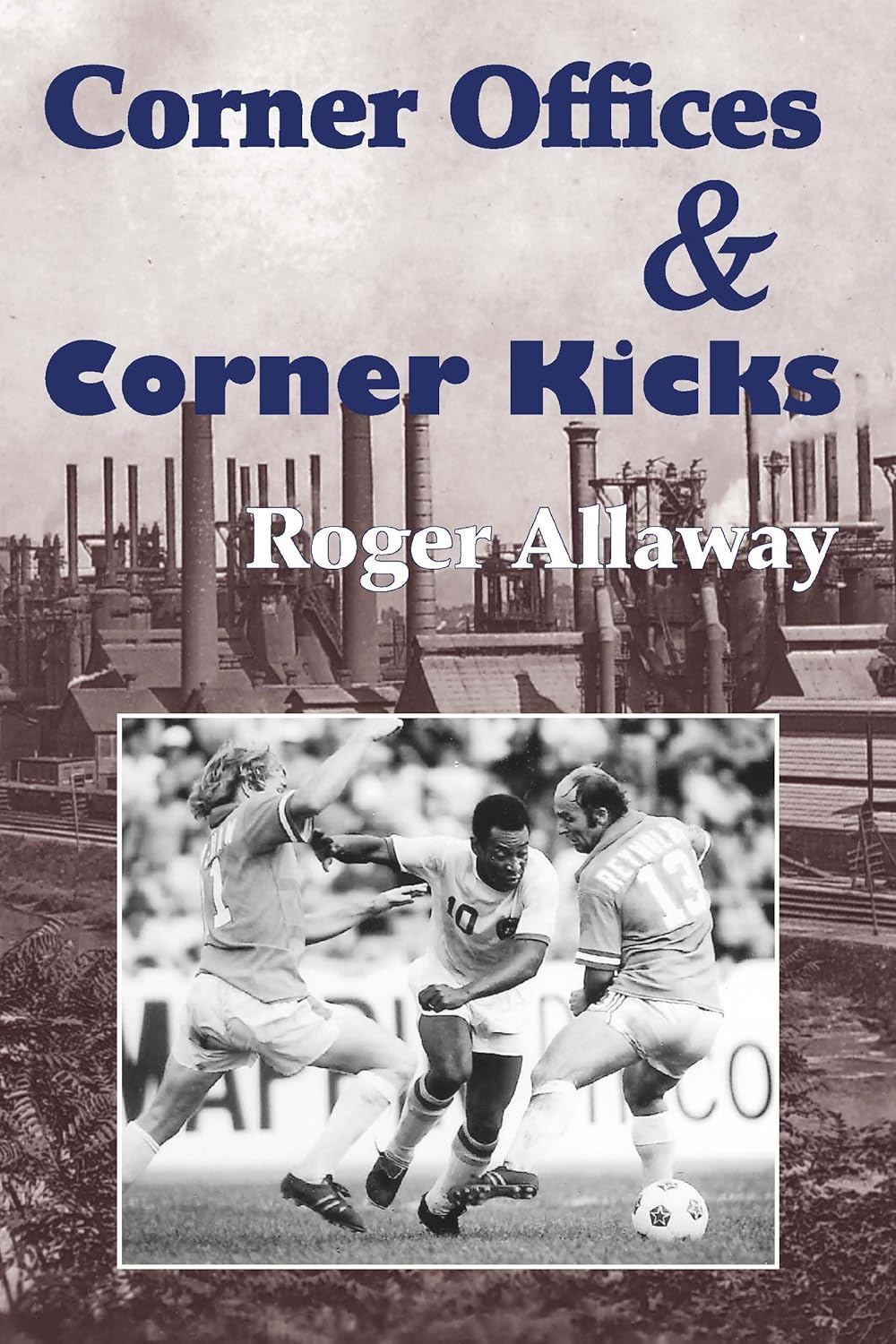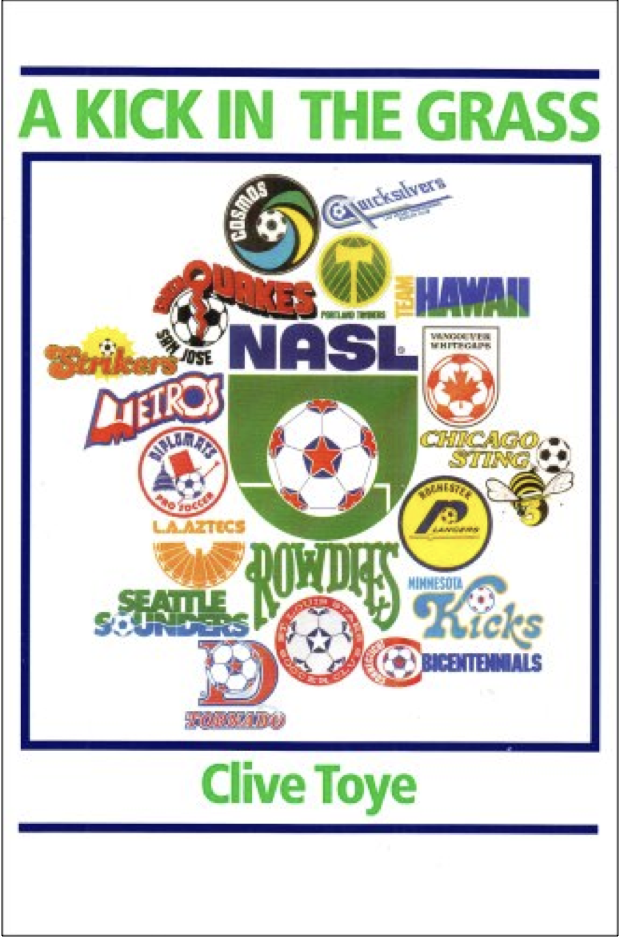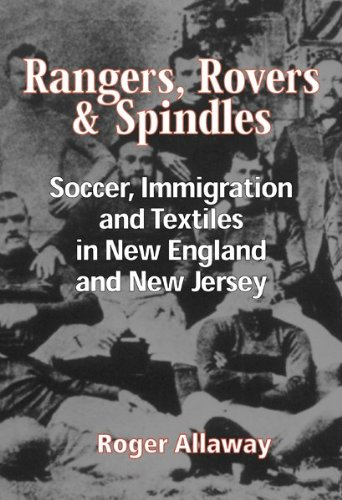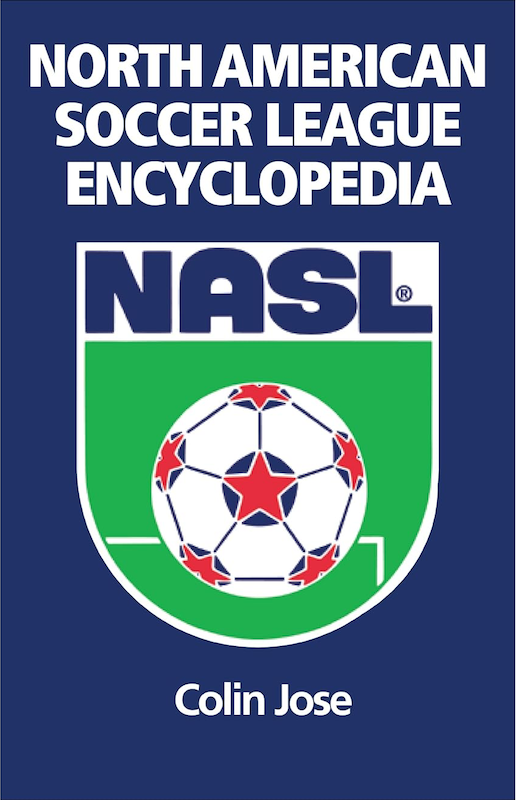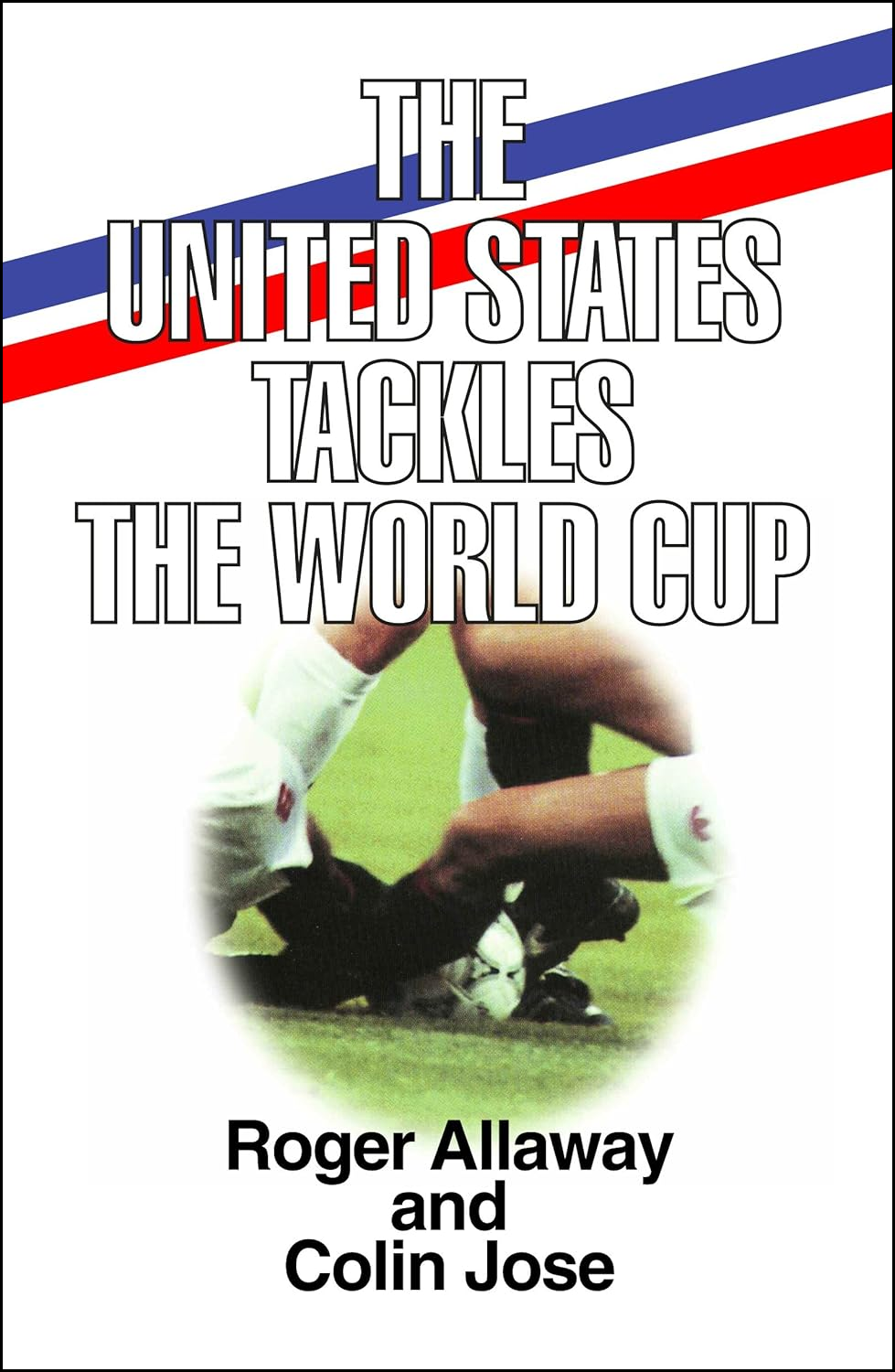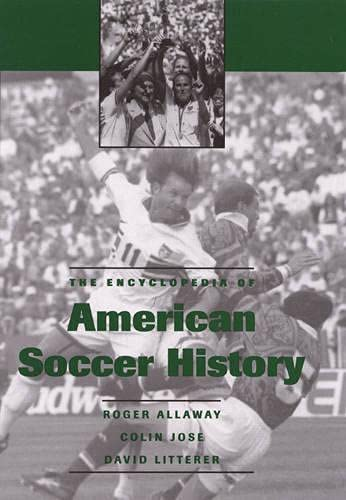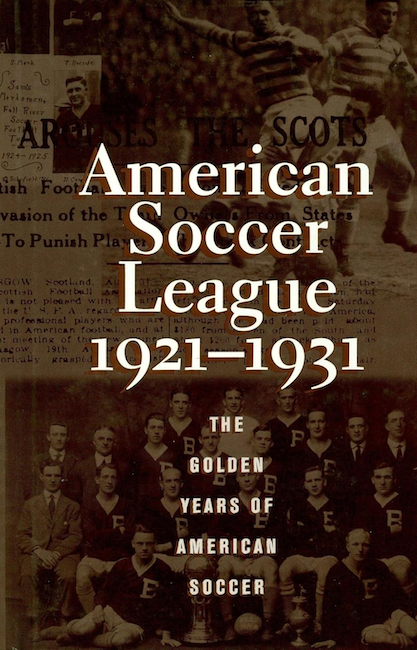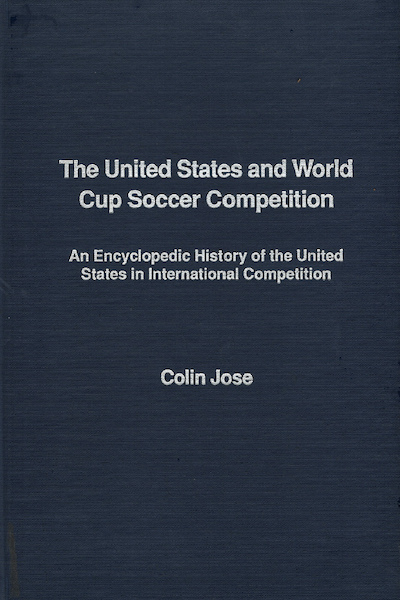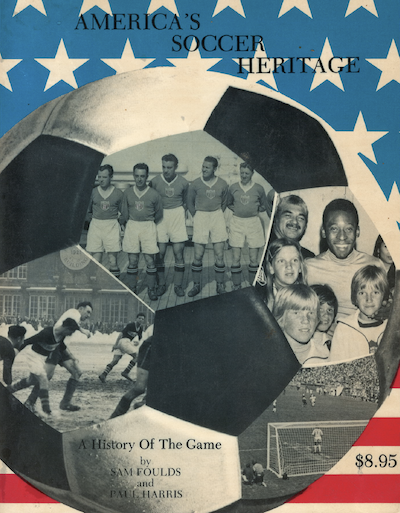Bethlehem Steel vs. Fall River was the first great intersectional rivalry in American soccer, and more than 100 years after its last game, it may still be the greatest.
This rivalry involved two different teams from Fall River, Mass. Before 1920, the team that Bethlehem Steel most liked to beat was the Fall River Rovers. They folded in 1921, but were soon replaced as the object of Bethlehem’s ill will by the Fall River Marksmen, who remained so until the demise of the Steelworkers in 1930.
Bethlehem Steel and the Fall River Rovers first met in a friendly in 1915, and the rivalry began to pick up steam at the National Challenge Cup final of 1916, held in Pawtucket, R.I. Over the years, nearly all of the biggest games between Bethlehem and Fall River were in cup competition rather than league play. The 1916 game was the only third final of the National Challenge Cup, which was newer than either of the two competing teams. Bethlehem Steel had been founded in 1907 as the Bethlehem FC, and Fall River Rovers in 1884 as the County Street Rovers.
Bethlehem won that 1916 game, 1-0, on a penalty converted by Whitey Fleming 10 minutes before the end. As upset as the Fall River team and fans were with the penalty call, it was nothing compared to the way they reacted when the referee blew the final whistle seconds after failing to call a penalty against Bethlehem for a handball. According to one newspaper account, “bottles began to fly” as a mob of Fall River fans rushed the field, and the tumult didn’t cease until a policeman drew his revolver.
A year later, the two met in the cup final again, and this time Fall River prevailed in a classic, winning by 1-0 on a goal in the first minute of the game by Thomas Swords, the captain of the U.S. national team. In 1918, a third consecutive Bethlehem Steel-Fall River Rovers final saw the Steelworkers take the title back in a replay after a tie.
The Rovers only lasted a few more years after that, but the rivalry continued thanks to the actions of Sam Mark, a Fall River sports promoter. In 1922, Mark bought the Fall River United franchise in the American Soccer League. Mark’s team, dubbed the Marksmen, helped to revive the rivalry with Bethlehem, which had waned in the final few years of the Fall River Rovers.
Bethlehem Steel was not the powerhouse in the 1920s that it had been in the previous decade, winning the National Challenge Cup only once, but the Fall River Marksmen did a good job of keeping up Fall River’s end of the rivalry. They won the ASL title in 1924, ’25, ’26, ’29 and ’30, and the National Challenge Cup in 1924, ’27, ’30, ’31 and ’32 (the last one as the New Bedford Whalers after having moved). They never met Bethlehem Steel in the National Challenge Cup final, because the westward expansion of the tournament meant that Bethlehem and Fall River both were in the eastern half of the draw by this time. Those two did meet three times in the eastern semifinal, however, in 1924, 1927 and 1930, with Fall River winning all of those encounters.
Perhaps the best of those three, certainly the most dramatic, was the 1930 edition, played after it had become an open secret that the Bethlehem Steel team was to be disbanded at the end of the ASL season the following month. After a 1-1 tie at the Polo Grounds in New York, Fall River won the replay, 3-2, at Battery Park in New Bedford, Mass.
Mark, a businessman with a good eye for gate receipts, tried to interest Bethlehem Steel in a trip to Fall River for a friendly in the final weekend of the team’s life, the last weekend of April 1930, but Bethlehem declined. The 53 games between Bethlehem Steel and Fall River teams over the years produced 23 victories for Bethlehem, 19 victories for Fall River and 11 ties.
A version of this article first appeared on Roger’s Big Soccer blog on Jan. 16, 2012.
